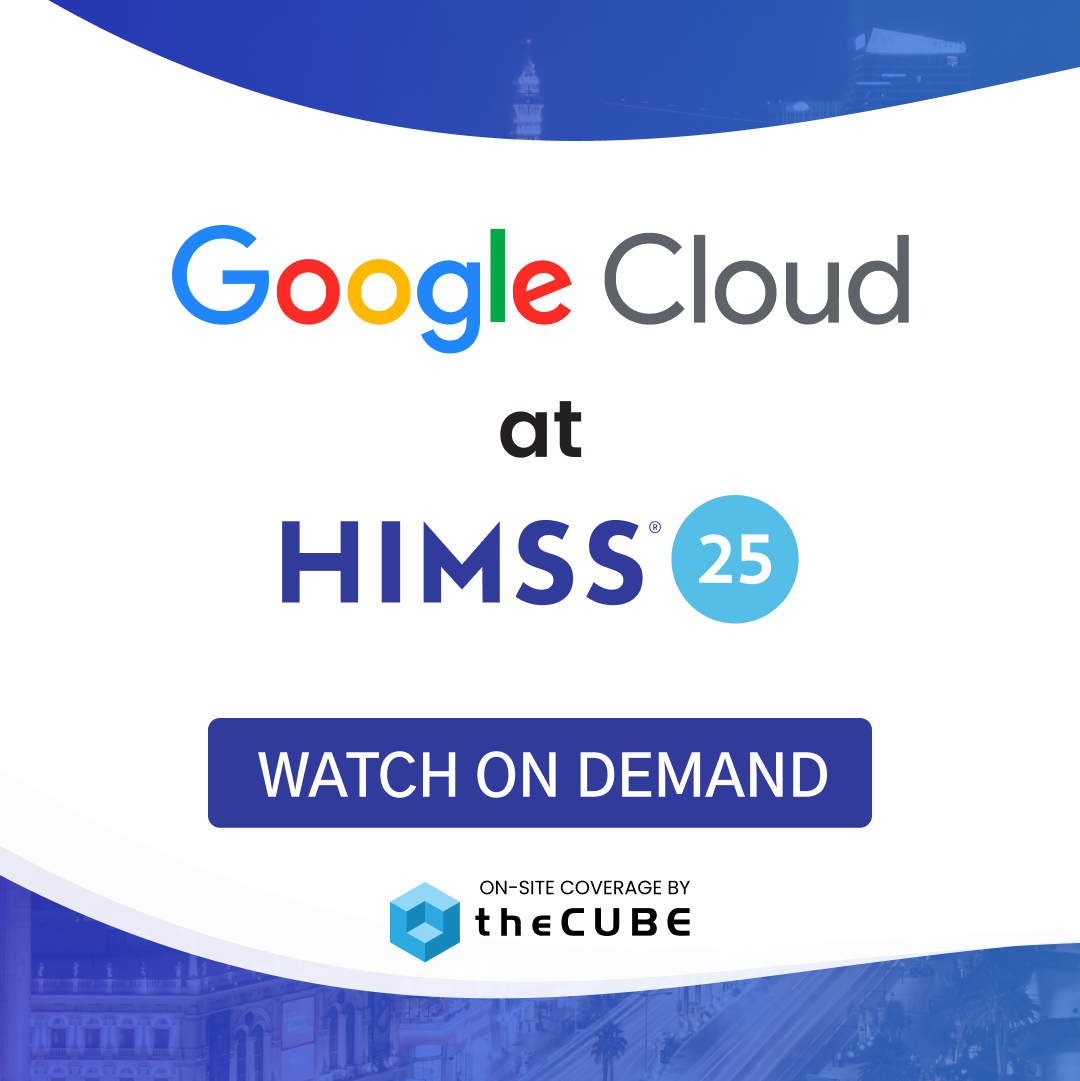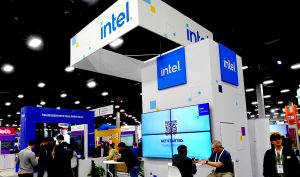What is Success? The Anti-iPad Manifesto.
![]() As you may know, I’m not particularly known for my fandom of the iPad. I’ve heard a number of pundits (Robert Scoble and Daisy Whitney immediately spring to mind) say that now that they’ve played with the iPad, they definitely feel that the device is a lot less of a laptop replacement device, and much more likely to be a TV replacement.
As you may know, I’m not particularly known for my fandom of the iPad. I’ve heard a number of pundits (Robert Scoble and Daisy Whitney immediately spring to mind) say that now that they’ve played with the iPad, they definitely feel that the device is a lot less of a laptop replacement device, and much more likely to be a TV replacement.
This is an interesting angle for folks to play as the reality sets in that, as Cory Doctorow very eloquently put last week, this isn’t actually a real computer.
Then there’s the device itself: clearly there’s a lot of thoughtfulness and smarts that went into the design. But there’s also a palpable contempt for the owner. I believe — really believe — in the stirring words of the Maker Manifesto: if you can’t open it, you don’t own it. Screws not glue. If you wanted your kid to grow up to be a confident, entrepreneurial, and firmly in the camp that believes that you should forever be rearranging the world to make it better, you bought her an Apple ][+.
But with the iPad, it seems like Apple’s model customer is that same stupid stereotype of a technophobic, timid, scatterbrained mother as appears in a billion renditions of “that’s too complicated for my mom” (listen to the pundits extol the virtues of the iPad and time how long it takes for them to explain that here, finally, is something that isn’t too complicated for their poor old mothers).
The model of interaction with the iPad is to be a “consumer,” what William Gibson memorably described as “something the size of a baby hippo, the color of a week-old boiled potato, that lives by itself, in the dark, in a double-wide on the outskirts of Topeka. It’s covered with eyes and it sweats constantly. The sweat runs into those eyes and makes them sting. It has no mouth… no genitals, and can only express its mute extremes of murderous rage and infantile desire by changing the channels on a universal remote.”
The shift in framing of this device as less of a computing device but more of a consumption device is at the same time infuriatingly flawed and delightful (for a non iPad convert like myself). The idea that this thing, a device that costs between $550 to $829, replacing a device that costs around $100 is an interesting choice, to say the least (and I do say around, because it’s almost impossible to buy an off the shelf HD television that small).
I Feel Like the Last Sane Person on Earth
![]() It doesn’t take effort to look around and find someone fawning over the iPad. I could point to the hundreds of posts on Techmeme daily for the last six month talking about how great this thing is, but I don’t have to go that far. Since I started typing this sentence, I’ve received two iPad realated PR pitches, one of them entitled “iPad Reveals the Future of Magazines” from a company that neither has an iPad application nor is in any way involved with the magazine industry.
It doesn’t take effort to look around and find someone fawning over the iPad. I could point to the hundreds of posts on Techmeme daily for the last six month talking about how great this thing is, but I don’t have to go that far. Since I started typing this sentence, I’ve received two iPad realated PR pitches, one of them entitled “iPad Reveals the Future of Magazines” from a company that neither has an iPad application nor is in any way involved with the magazine industry.
I generally expect friends like admitted Apple fanboy Michael Sean Wright and anyone else living within spitting distance of Steve Jobs to fall under the spell of his reality distortion field. Meanwhile, a couple of folks I normally turn to for the sane contrarian opinion, Steven Hodson and Sean P. Aune, seem to have drunk from the kool-aid bowl as well. While Sean is waiting for a couple iterations of the iPad to come out before buying one, he’s still firmly entrenched in his decision to eventually purchase one. Steven, while not planning on buying an iPad, talks about the device from a position that buys into the hype, rumor and without much question.
In a post that’s still critical of what the iPad means for the rest of the tech world, Steven caps off the post with an unqualified admission of the iPad’s success:
Look, the iPad is going to be a success no matter how you slice or dice it. Jobs will have another feather in his cap and Apple will make billions of more dollars.
People will love it and people will hate it but the reality is that Apple isn’t targeting the geek – or even semi-geek crowd with this. Just as with the iPod Apple is going for the general consumer jugular and on that basis alone the iPad will be the answer for a lot of people.
Regardless of the hype and all the frothing the iPad isn’t transformative neither is it game changing or magical. It is however the next ATM machine for old media and trust me they are going to pump it for all it is worth and that in itself could be the biggest stumbling block to a wider success and adoption.
![]() As I read that part of his post, I was reminded of a quote from what I think was the second Matrix film, wherein the Architect says: “There are levels of survival we are prepared to accept.”
As I read that part of his post, I was reminded of a quote from what I think was the second Matrix film, wherein the Architect says: “There are levels of survival we are prepared to accept.”
I think when you say things like “this device will be a success no matter what,” I think you have to define your terms. Did they sell 300-700k of these things over the weekend? Depends on what analyst you believe.
The fact of the matter is that this thing is always going to appeal only to a niche audience, and isn’t going to “redefine computing,” no matter how slobbery Mossberg gets over it. It’s a pad computing device, which has never been that successful as a computing platform in the past. What’s different now? There’s a well defined entertainment ecosystem attached, and that’s never been a component before.
But even if they (generously estimated) end up selling two or three million of these things over the next several years, it still has to contend with billions of other smartphone sales and billions of other computers of differing platforms sold. This isn’t going to be a mainstream computing device for the majority of users.
This means that, yes, this may be successful in terms of bringing in cash for Apple. Is it good (meaning healthy) for the larger web ecosystem? The answer to that is clearly no, and the more of them that are sold, the more unhealthy it is for the rest of us.
If you define success the way the early praise (like MG, Mossberg, USAToday, Gruber and other) have defined it, then it will clearly fail, and sales of competing devices from Android-based systems, HP and Dell’s new offerings, and whatever else falls in between (not to mention conventional mobile computing platforms), there’s no way this thing can be judged as any sort of “success.”
What if You Define Success as “Changing the Paradigm for Computing Forever?”
I think that remains to be seen as to whether the iPad is going to change the paradigm for computing for the next six months, let alone “forever,” as Mossberg predicts.
Sean, in a recent Scattercast episode, ridiculed my opinion of the iPad as overly emotional. In his podcast, Sean addresses some of my points directly.
He’s gone so anti-iPad! [Mark], chill. It’s not going to end your life if the iPad is a success.
His point is that the iPad won’t be a huge success because of the number of Chinese knock-offs. How has Apple sold over 250 million iPods if people are willing to buy knockoffs. How has Apple sold over 87 million iPhones if people are so willing to buy knock-offs.
There will be knock-offs of the iPad, but people will still buy the iPad because it has become a status symbol. It’s like a BMW or a Mercedez Benz. It’s a luxury product, at this point.
He’s right on one point: it won’t end my life if the iPad is a success. He’s wrong in his primary assumption: I don’t really hate the iPad, per se. I hate all the hype coming from the marketers and the pundits. This device isn’t curing cancer. It isn’t ending AIDS. It isn’t transforming computing as we know it. It’s simply a portable kiosk for the iTunes App store.
Beyond that, Sean fails to grasp the differences between the launches of the iPad and the iPod. Apple sold 250 million iPods and 87 million iPhones because those products truly were revolutionary, in a sense. I didn’t go off on those products with the fervor I’ve reserved for the iPad for that very reason.
The iPod came out at a time when the pricepoint for that device was just about 15 degrees north of what most other manufacturers were charging for MP3 players, because at the time solid state disk space was fairly expensive.
Similarly, the iPhone, while expensive in it’s own right, was revolutionary in that it provided a full featured experience on a mobile phone that was theretofore unrivaled. Yes, I was annoyed at the volume of coverage, but I recognized what was new about it. The pricepoint was a little high (definitely too high for my budget, then or now), but it was mostly in line with other subsidized smartphone prices (and certainly less pricey than the Nokia 9000 series line is to this day).
Beyond that, no knockoffs existed at launch for the iPhone or the iPod. The iPad is launching into an environment filled with competition. Pads have existed for twenty years, and it took some Chinese hardware hacker three days to figure out how to prototype up a mirror image knockoff using open software architecture.
It Depends on What the Definition of Is is.
![]() That’s my point – this isn’t the world of ten years ago. Even if this device should take off with mainstream consumer adoption (which I’m still not convinced is going to happen), the level of success the iPad will specifically enjoy will be mitigated by all the previous market entrants and all the new ones that enter the market that try to fix the problems present in the iPad’s initial launch.
That’s my point – this isn’t the world of ten years ago. Even if this device should take off with mainstream consumer adoption (which I’m still not convinced is going to happen), the level of success the iPad will specifically enjoy will be mitigated by all the previous market entrants and all the new ones that enter the market that try to fix the problems present in the iPad’s initial launch.
So will the iPad be a success? I hate to sound namby-pamby, but it’s such a subjective question to ask, and the answer all depends on what you define success to be.
With such undefined terms, and the success of the device in such question, those that are trying to hitch their trains to the iPad hype really must ask themselves if it’s such a smart thing to do.
How to Use the iPad Hype Cycle Properly
Sean and I do agree on one point: despite the attempts by Apple to market this device to a mainstream consumer, this will remain a luxury device. I’ve seen a lot of mainstream organizations with multi-million user adoption numbers try to ride the iPad hype cycle. For the savvy, of course, we look at this and shrug it off.
But to the mainstream consumer, this could have the effect of really alienating the userbase. Do you want, as a major market force in tech, to lose your 48 million users’ respect by tailoring your product image around something that may only see adoption amongst the two million users Steve Jobs is able to hoodwink into buying this thing?
I’m not saying it absolutely doesn’t make sense to try to take advantage of a hype-cycle. For some it absolutely makes sense. Take, for instance, Citrix: yesterday we published a post from Chris Peck, a VP there, where he talked a little bit about their new iPad application, the Citrix Receiver.
![]() This is a situation where a large portion of their userbase, customers that are constantly traveling or are away from the office and are still looking to impress clients (think PR, executive and marketing types) can have an iPad and still use it for a business purpose – by having the ability to turn it into an actual computing device.
This is a situation where a large portion of their userbase, customers that are constantly traveling or are away from the office and are still looking to impress clients (think PR, executive and marketing types) can have an iPad and still use it for a business purpose – by having the ability to turn it into an actual computing device.
They’re pushing this angle in very specific markets – not to the broad base, which is the proper way to go about it. Chris’s emphasis yesterday was in the health sector, but there are other sectors with which they could go about it, too, without alienating the larger user base.
I could pick a few companies that are doing it wrongly, but I’ve bagged on the iPad enough already in this post, and there are no shortage of organizations out there who are looking for this thing to save their company (need some hints on where to look? start with the record and print industries and move out from there).
My main point, which I don’t want to get lost in all of this is that while the iPad may be a cool device, it’s definitely an expensive one, and the jury’s out on whether it solves a real need or want for a broad cross-section of the tech consuming public. Banking on it as a way to boost, save, or grow your business should be something that is looked at closely before falling head over heels into this hype cycle.
A message from John Furrier, co-founder of SiliconANGLE:
Your vote of support is important to us and it helps us keep the content FREE.
One click below supports our mission to provide free, deep, and relevant content.
Join our community on YouTube
Join the community that includes more than 15,000 #CubeAlumni experts, including Amazon.com CEO Andy Jassy, Dell Technologies founder and CEO Michael Dell, Intel CEO Pat Gelsinger, and many more luminaries and experts.
THANK YOU













